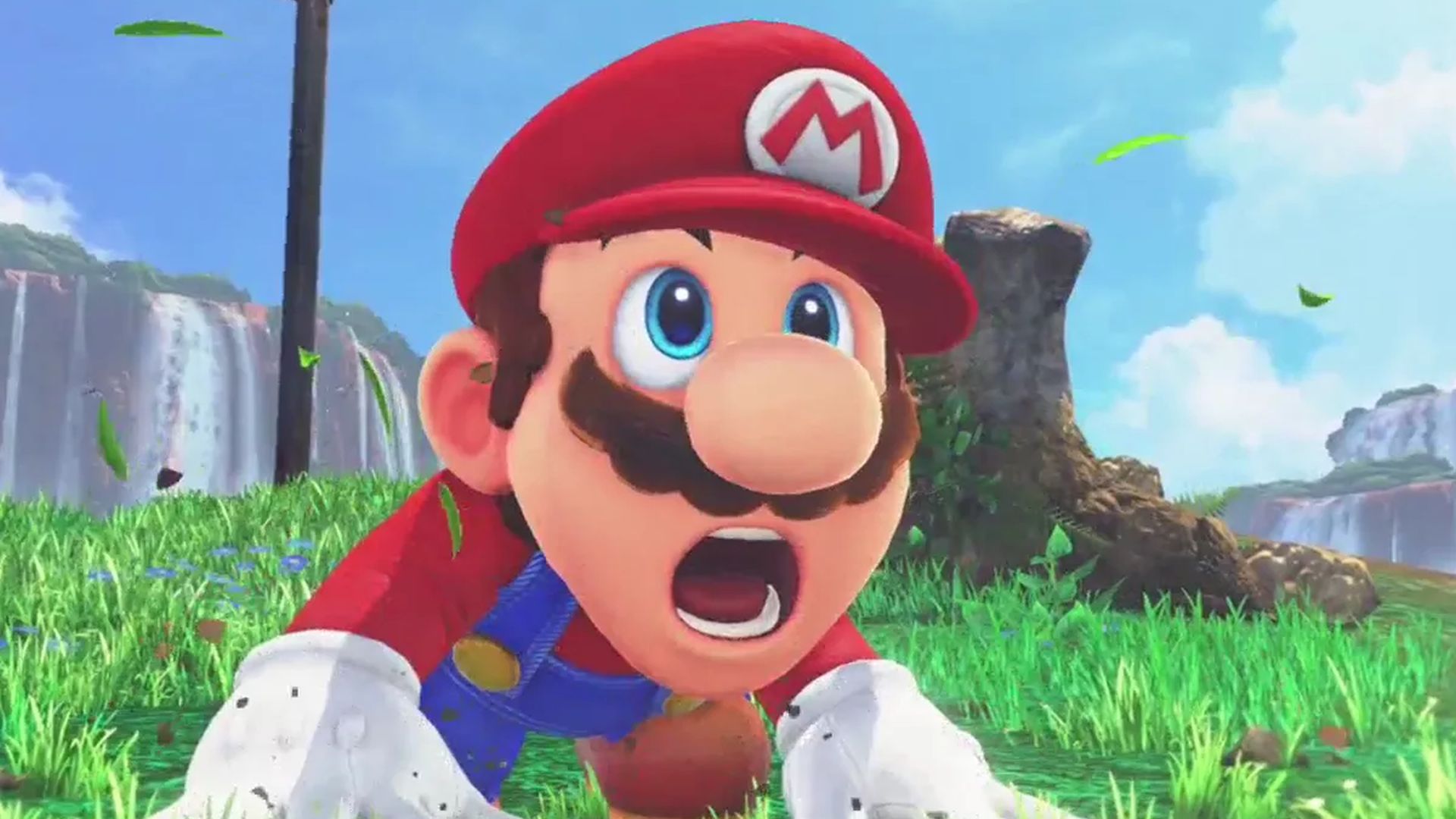Nintendo says it hasn't really changed its approach to first-party games in 39 years and that's why more people are "playing and enjoying our games"
Good job, Nintendo

Nintendo is a slow-moving beast. Just ask its diehard fans, who have been waiting nearly a decade for the Switch successor to stop being a faraway dream and start being something they can use to play Xenoblade Chronicles. But Nintendo says being antiquated is a good thing and, more than that, it's a strategy.
In a translated version of Nintendo's second quarter financial report, president Shuntaro Furukawa credits Nintendo's ability to curate an image with its increasing success. Decades ago, first-party titles like Metroid and The Legend of Zelda for NES helped establish Nintendo as the go-to video game company for cerebral fantasy games. That association hasn't changed much in the 39 years since the NES was first introduced to the U.S. market, and Furukawa is proud of that.
"We believe that the growth of Nintendo IP has been due more than anything else to the many people around the world playing and enjoying our games," Furukawa says. "Nintendo has carefully crafted each title" — like Super Mario Party Jamboree, Animal Crossing, and Splatoon 3 — "to align with the characteristics of the IP," he continues. "This approach to software development has remained consistent since we first developed titles for Nintendo Entertainment System."
That said, Nintendo is open to some change. Particularly, when it comes to important matters — roller coasters and stuff
"In recent years we have been expanding Nintendo IP in a wide range of fields such as visual content, theme parks, mobile apps, and merchandise," Furukawa says. "These initiatives aim to create continuous touchpoints with not only current Nintendo game players, but also those who are taking a break from games." More Tanooki Mario plushes may not solve fans' need for the Switch 2, Furukawa, but at least it's something.
Weekly digests, tales from the communities you love, and more

Ashley is a Senior Writer at GamesRadar+. She's been a staff writer at Kotaku and Inverse, too, and she's written freelance pieces about horror and women in games for sites like Rolling Stone, Vulture, IGN, and Polygon. When she's not covering gaming news, she's usually working on expanding her doll collection while watching Saw movies one through 11.


